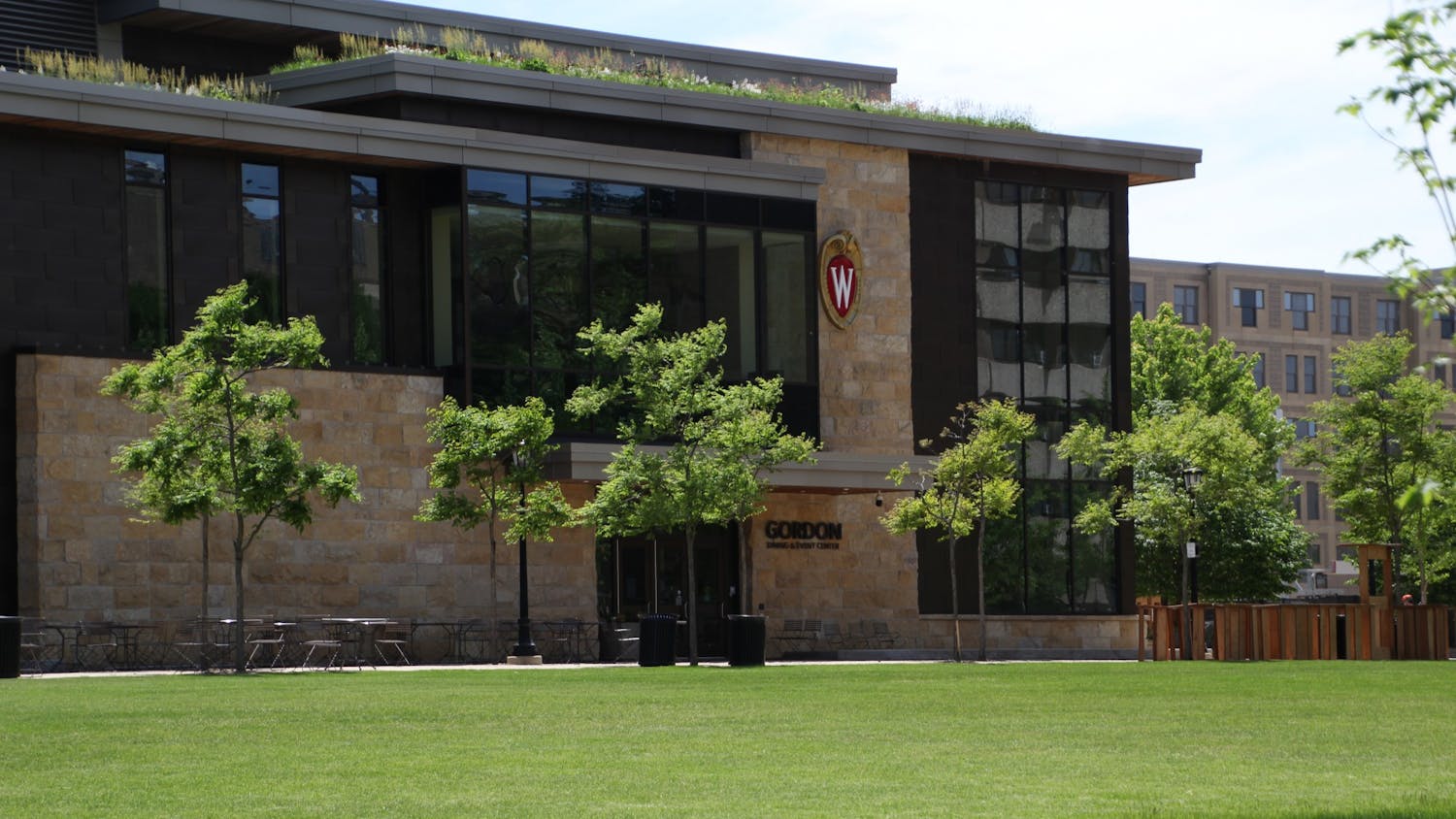Although UW-Madison students leave in the summer, people lobbying for student interests at the Capitol are on the job all year long.
According to lobbyists from student groups and the university, economic and budgetary issues in the state are now the key concerns for students heading into the fall.
For advocates from student groups in particular, monetary issues are one of the many concerns facing not only students they lobby for but also their own lobbying efforts.
Students who must work to afford rent or tuition cannot allocate the time perhaps necessary to match the efforts of those who are professional lobbyists,"" said Hannah Karns, former chair of the Legislative Affairs Committee at the Associated Students of Madison.
Karns said ASM's lobbying attempts would be more effective if they advocated as constituents in the Madison community, not as students who leave the city for the summer.
According to Karns, due to these disadvantages and the unpredictability of legislative debate, the lobbying efforts of ASM have been lacking. She said ASM is most effective when bringing new issues to lawmakers' attention.
State Rep. Joel Kleefisch, R-Oconomowoc, said he agreed, and the role of lobbyists from student groups is ""to keep us informed of issues important to them.""
Kleefisch is a member of the state Assembly Colleges and Universities Committee that often works with UW-Madison.
Don Nelson, assistant director of state relations at the UW-Madison chancellor's office, said student groups' lobbying efforts are actually aided by their unique position.
""The students are in a better position to be effective because they can lobby the legislator as a UW-Madison student and a constituent. They are also in a position to employ their parents and others from their home town to also advocate for higher education,"" Nelson said.
According to Nelson, lobbyists from the UW-Madison chancellor's office are focusing on financial aid and how it needs to keep pace with tuition increases.
For lobbying, ASM works closely with United Council, a state student association that represent 21 UW System campuses, advocating for their interests in the state government.
According to Patrick O'Connell, United Council's organizing and communications director, the group's lack of monetary power is easily made up for in people and electoral power, making the group's lobbying ""quite effective.""
However, some student governments around the state recently discontinued their association with United Council because they said it proved unsuccessful.
On April 15 University of Wisconsin-La Crosse's students voted to discontinue membership with United Council, according to the April 23 meeting agenda. UW-Oshkosh also decided to end membership, and UW-Milwaukee is considering a referendum to do the same, according to the UW-La Crosse Racquet student paper.
UW-La Crosse student Senator Steven Trimborn said United Council's efforts to lower tuition 6 to 10 percent in six years shows their misguided lobbying efforts when the budget is heading to a deficit, according to the Racquet.
O'Connell said he was surprised when the student governments stopped working with the United Council, and he said Trimborn's comments were false.
""United Council's budget priority for the upcoming biennium is not a 6 to 10 percent reduction in tuition over six years, and never has been,"" O'Connell said. ""United Council has never lobbied any legislator or regent for a tuition reduction.""
O'Connell said student members of United Council continuously evaluate their stance on tuition and do so realistically during a budget deficit.
As an example of United Council's effectiveness, O'Connell said the recent budget passed with almost every priority students asked for.
""In the last budget cycle we won a tuition freeze for two-year campuses, a tuition increase cap of 5 percent for four-year campuses, and over $11 million in grant increases, along with veterans' tuition remission,"" O'Connell said.
O'Connell added United Council's current budget priorities on tuition are a continuation of the tuition freeze for two-year campuses and a cap on four-year tuition increases at the rate of inflation.
According to O'Connell, the greatest challenge students now face is finding support for needed increases in state funding to finance the UW System.
""Over the last decade, students have been forced to take on more and more of the burden,"" O'Connell said. ""The economic problems that the state has been developing as of late are only making working on those issues more difficult.""





